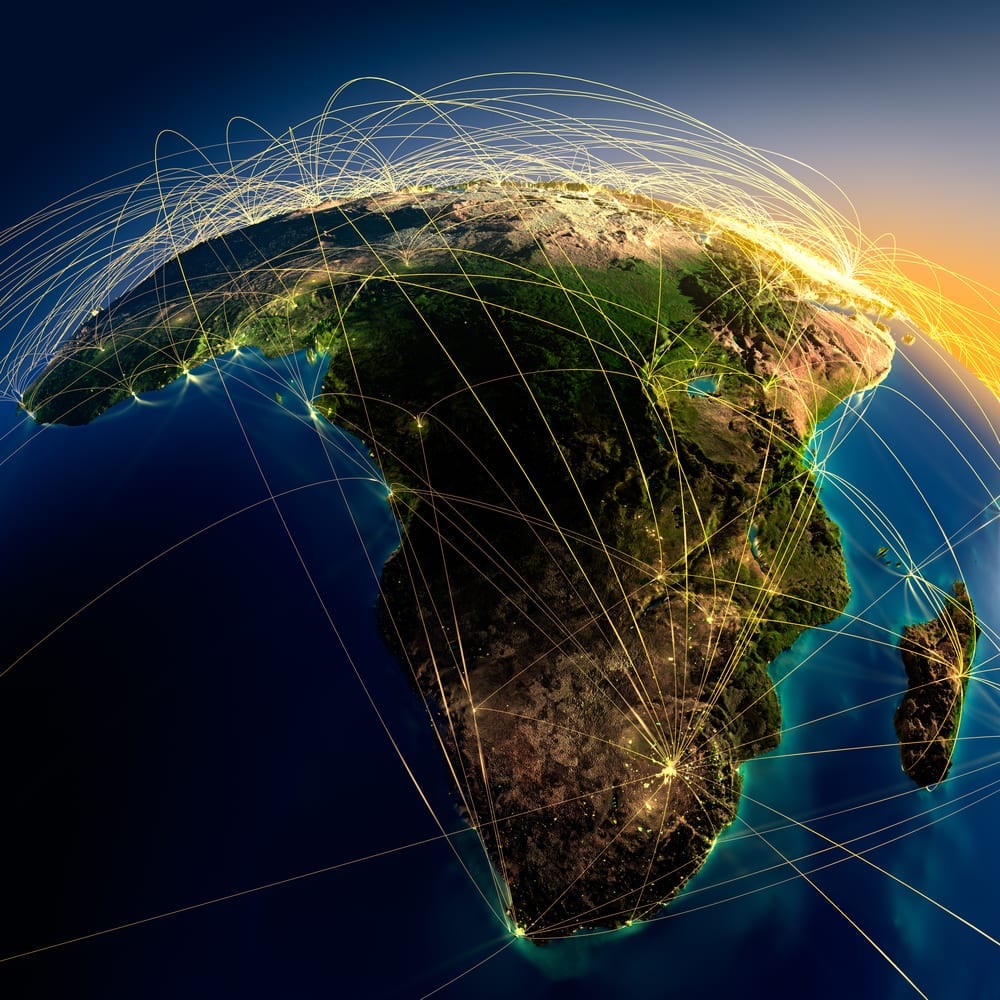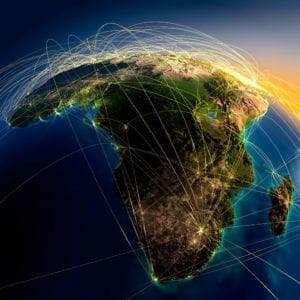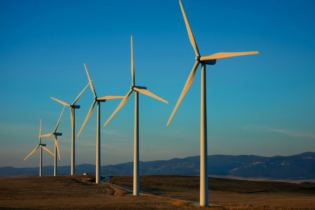
Africa’s power utilities are grappling with issues of sustainability and facing a range of new challenges, says Dr Willie de Beer, veteran power industry consultant and chairman of the Power Gen and Distribution Tech Africa Board.
De Beer says risk management and the introduction of value added services are also presenting challenges to the industry as players strive to meet the economic growth demands of the continent.
“Our programme directors staged a roadshow through a number of African countries earlier this year, to assess the issues that were top of mind,” he says. “What emerged strongly was that utilities across Africa are confronted with the challenge of sustainability.”
“We see the rollout of renewables, which the continent needs, but this is changing the profile of traditional energy businesses,” he explains. “They are questioning how they can embrace renewables and remain sustainable with new business models and complimentary revenue streams that ensure their infrastructure and systems investments can be leveraged and optimised.”
Electrification rollout
Another top of mind theme across the continent is the rollout of electrification across vast areas of Africa.
“In this respect, South Africa can bring a lot of learnings to the table as we also started with a serious backlog and have made good progress,” de Beer says.
He also says asset management will always be on the continent’s agenda, but adds that “there is now a new dimension to the subject, since investors are now looking more closely at how you manage the assets built with the money they lent you.
“So the focus is moving from just maintenance to holistic asset management and risk management, covering the entire life cycle from inception to retirement,” he explains.
He notes that risk management extends beyond the classical financial risk, to include business risk and the operating environment and governance structure amid new credit rating challenges.
Power-Gen & DistribuTech Africa 2017 conference
De Beer says these new challenges will be hot discussion points at the upcoming Power-Gen & DistribuTech Africa 2017 conference in Sandton this month.
As a key platform for power sector stakeholders across Africa, the conference plans to provide a platform that will address leading challenges in the sector and will strive to stimulate debate that leads to answers, De Beer adds.
“Over the years, the papers presented and quality of speakers has improved substantially,” he says. “The sector uses it to convey strong messages, demonstrate competence and thought leadership capability, which is why visitors and suppliers return year after year.”
Over the past few years, the delivery of the keynote by South Africa’s minister of Public Enterprises has also brought a message of consistency in terms of the need for the power sector to progress in support of overall economic development, he notes.
The conference has established itself as a prime networking event for utilities, governments, engineers, academia and power businesses. It will cover strategy, technology, regulatory and business developments across the sector.
“We will also be building on the highly topical nuclear track, aiming to take the discussion to the next level,” de Beer says. “We will question where within the broader energy mix, is the home for nuclear or hydro for grid stability. We will also debate what is required for optimal grid and network stability.”
Power-Gen & DistribuTech Africa 2017 will be staged from 18 – 20 July at the Sandton Convention Centre. For more information, go to http://www.powergenafrica.com/index.html









